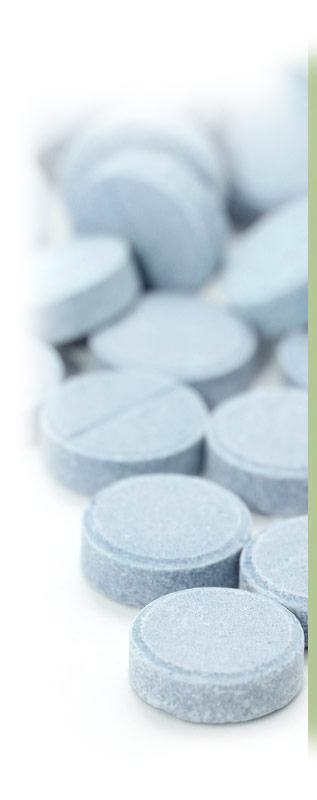
Opioid Dependence
The goal of treatment for opioid dependence is to enable individuals to manage their symptoms and ultimately gain control of their dependence and their lives. Treatment for opioid dependence has three components: the physical, the psychological, and the behavioral. There are several choices for treatment—here are the main ones.
Counseling is recommended to anyone who is dependent on opioids. There are many types of counseling, including private therapy with a psychologist and group counseling sessions. Working with a therapist or listening to other people who share the same concerns may help patients understand why they became dependent. Being able to recognize the situations, feelings, or events that can "trigger" the desire to misuse opioids is also helpful. Identifying these things in oneself and in one's environment can help a dependent person avoid these triggers or cope with them as they happen. Many patients find group therapy to be particularly effective for treatment of opioid dependence because it provides a support network that they would otherwise lack. Other benefits of group therapy include:
- Peer support and acceptance
- Real-world examples of other people experiencing recovery
- Positive feedback to help improve a patient's self-image
- Family-like environment
Not everyone thrives in a group-counseling situation. Sometimes a patient and doctor may decide that his/her needs would be better met with the privacy and individual attention possible in a one-on-one setting.
One-on-one counseling consists of private sessions with a psychologist and are recommended for patients being treated for depression, anxiety, or other mental health conditions that may be contributing to their opioid use.
Participation in a support group is recommended as something patients may want to do in addition to their regular counseling. Support groups offer many of the same benefits as group therapy except that they are generally focused more on accepting and encouraging patients in treatment.
Suboxone
Suboxone™ is the first narcotic drug available for prescription from a doctor's office for use in the treatment of opioid dependence under the Drug Addition Treatment Act of 2000 or DATA 2000.
The primary active ingredient in Suboxone is Buprenorphine, which itself is a partial opioid agonist. This means the the opioid effects and withdrawal symptoms from Buprenorphine are less than other full opioid agonists such as heroin, methadone, morphine, oxycodone, hydrocodone, codeine, and others.
For more information please visit naabt.org